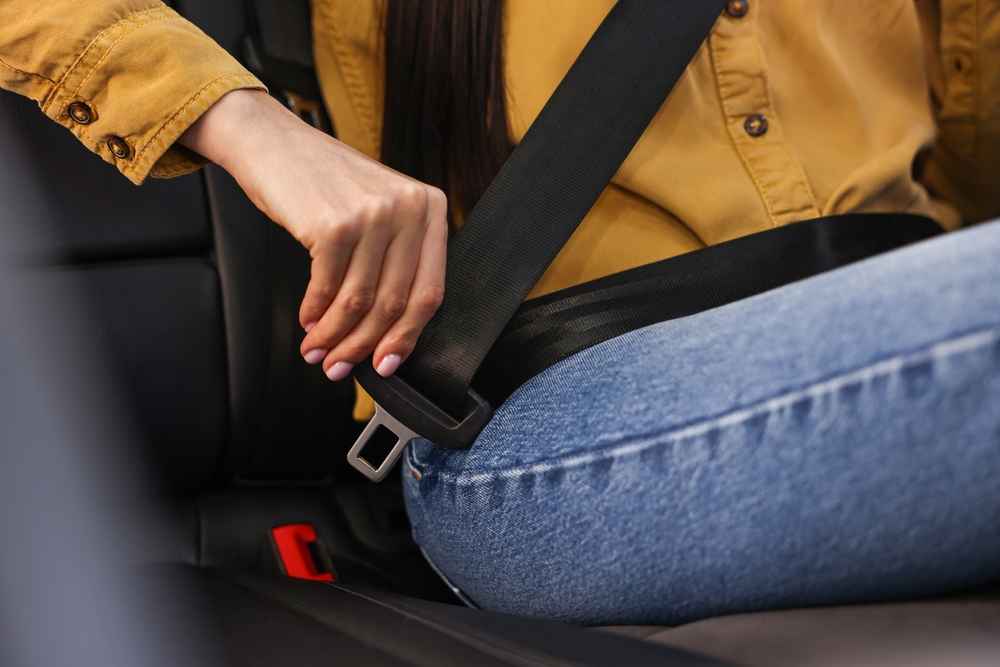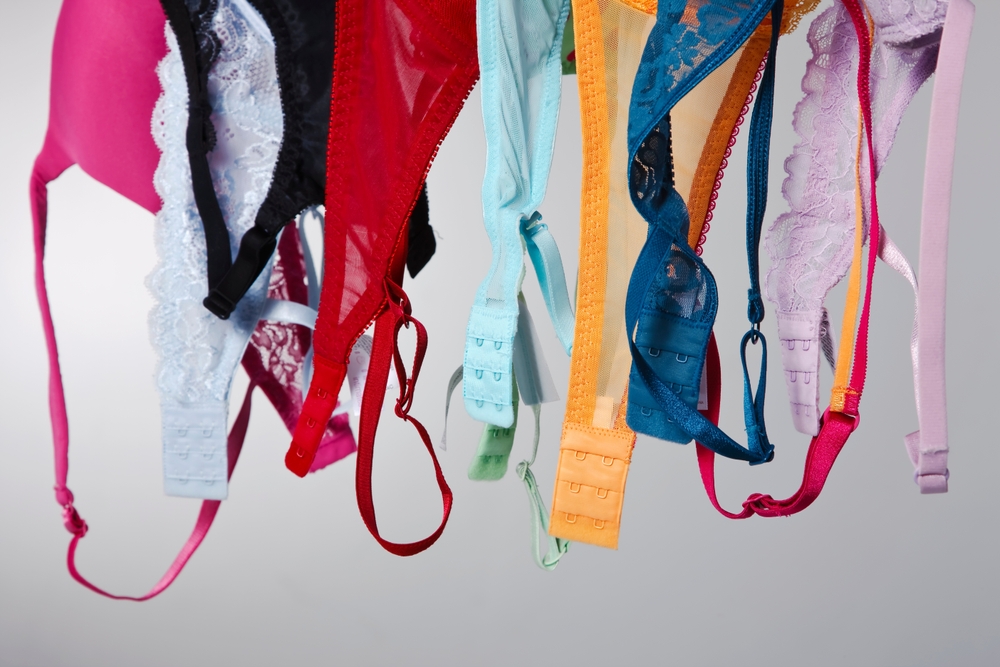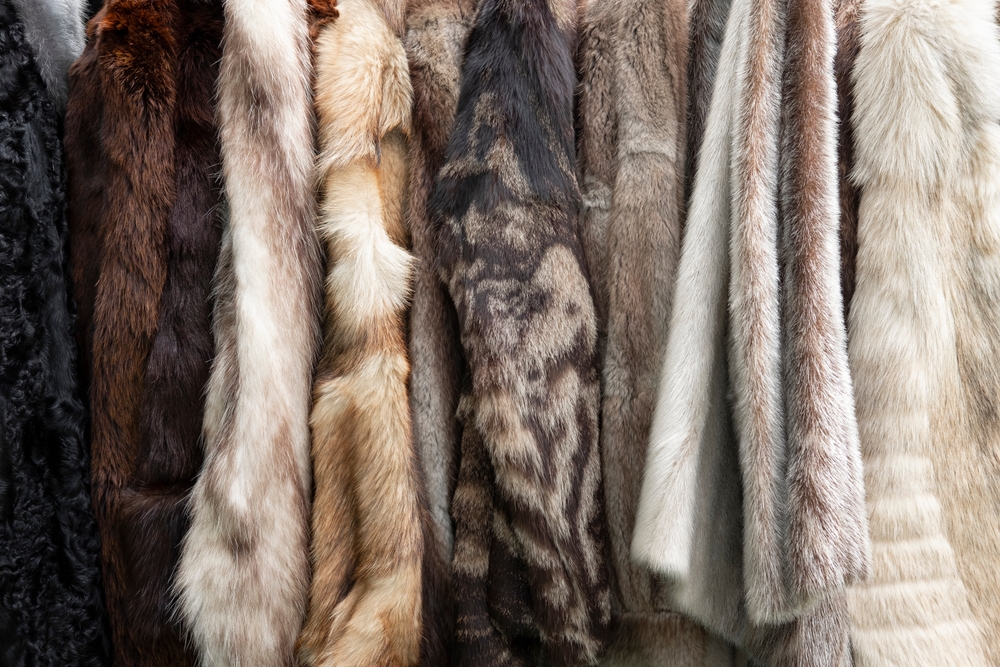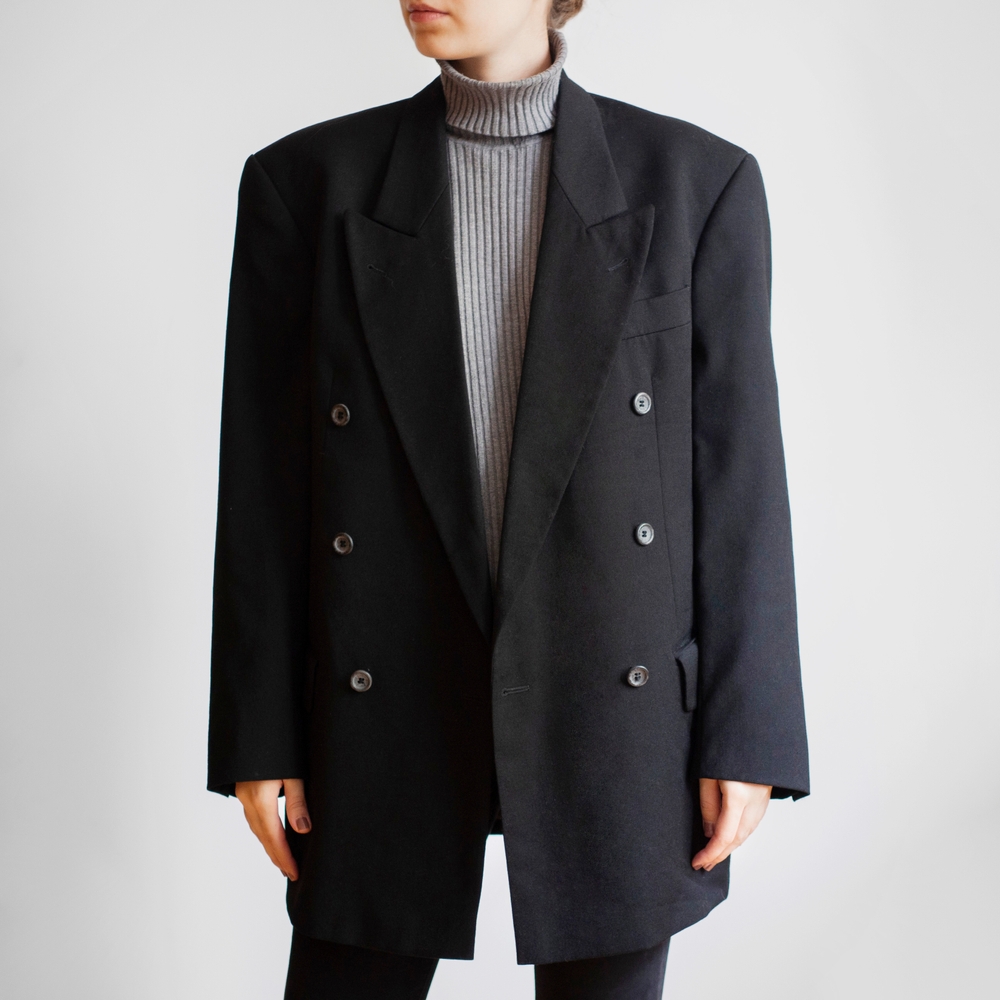The 1970s were a wild time—freedom, individuality, and experimentation defined the era. Women pushed boundaries and lived on their terms in ways that would make heads spin today. Here’s a look at “normal” things women did in the ’70s that would spark serious outrage (or at least a lot of raised eyebrows) if they did them now.
1. They Sunbathed with Baby Oil

In the 1970s, sun protection wasn’t on most people’s radar. Women would slather themselves in baby oil for that deep, bronzed tan. Skin cancer awareness was minimal, and SPF was far from the norm. Today, with the dangers of UV rays well-known, this sun-worshipping habit would be seen as a health hazard waiting to happen.
2. They Hitchhiked Everywhere

In the ’70s, hitchhiking was a popular way to get around, and plenty of women did it without a second thought. From cross-country road trips to getting to work, women would thumb a ride with strangers in ways we’d consider risky and reckless today. With rideshare safety features and true crime podcasts, the casual hitchhiking of the ’70s feels like a relic of another world.
3. They Smoked (Practically) Everywhere

Whether it was in offices, airplanes, or restaurants, women smoked freely and everywhere in the ’70s. Cigarettes were even glamorized in advertising. These days, with stricter regulations on smoking and a much greater awareness of health risks, the idea of lighting up in an enclosed space—or around kids—is enough to spark outrage.
4. They Let Kids Play Unsupervised for Hours

Back in the ’70s, moms would send their kids outside and let them roam the neighborhood until dinner time without a second thought. There was a strong culture of freedom and trust. In today’s age of constant supervision and “helicopter” parenting, letting kids run free like that would likely raise serious concerns.
5. They Wore Heavy Makeup That Wasn’t “Clean”

The beauty industry was a lot different in the ’70s, and women often wore makeup without considering the safety of its ingredients. Lead, asbestos, and other harmful chemicals were common in products. Now, with much more awareness and cleaner beauty standards, we’d be horrified to see the ingredients women applied daily back then.
6. They Held “Wife Swapping” Parties

In certain social circles, wife-swapping parties were part of the swinging ’70s lifestyle. While not exactly mainstream, this free-love attitude was shockingly normalized in some communities. Today, the idea of partner-swapping parties among married couples would spark outrage or, at the very least, some serious side-eye.
7. They Rocked High-Waisted, Super Short Shorts

Daisy Dukes weren’t invented in the 2000s; they were a ’70s staple. Women regularly wore high-waisted, ultra-short shorts that would probably get them a talking-to in many places today. With the current discourse around appropriate dress codes, some would find these fashion choices scandalous—even if they’re back in style on Instagram.
8. They Didn’t Wear Seatbelts

While seatbelts were technically around, their use wasn’t widely enforced until later. In the ’70s, women often drove or rode in cars without buckling up, a practice that’s now illegal and widely considered irresponsible. With modern safety standards and a heavy focus on accident prevention, the sight of anyone not wearing a seatbelt would cause an instant uproar.
9. They Were Harassed at Work (And Just Accepted It)

In the ’70s, workplace harassment was something women were often expected to tolerate, with little support to report or fight against it. Unwanted comments and advances were unfortunately common. Today, with heightened awareness and legal protections, the idea of simply enduring harassment would be met with outrage and action.
10. They Let Toddlers Roam the Front Seat

Car seats were not yet the norm in the ’70s, so it was common to see toddlers roaming around the front seat or even sitting on a parent’s lap while driving. This practice is unthinkable now, with strict laws about child car seats and a much greater understanding of the risks involved in car travel.
11. They Ditched Bras as a Political Statement

In the ’70s, some women embraced the “bra-burning” feminist movement and ditched their bras as a statement of liberation. While today’s braless movement is alive and well, the idea of burning bras as a public protest would raise plenty of eyebrows and possibly even spark debate about “modesty” and empowerment.
12. They Let Kids Watch R-rated Movies

Back then, parents were a bit more relaxed about what movies their kids watched. Some children ended up seeing R-rated films like “Jaws” or “The Exorcist” at a young age, and it wasn’t considered too outrageous. In today’s age of parental controls, letting young kids watch graphic movies would definitely be seen as inappropriate.
13. They Drank and Smoked During Pregnancy

While not everyone did it, some women in the ’70s drank or smoked during pregnancy without as much fear of judgment. It was common to see pregnant women enjoying a glass of wine or lighting up a cigarette. Today, with our understanding of fetal health risks, this would be highly criticized and considered irresponsible.
14. They Wore Fur Without Any Backlash

In the ’70s, fur coats were a symbol of glamour and luxury, and women wore them freely without the ethical concerns we associate with fur today. With animal rights movements in full force now, wearing real fur would spark outrage and protest. What was once a fashion statement is now a controversial choice, and the backlash would be swift.
15. They Took Birth Control Without Talking About It

Birth control was a private matter in the ’70s, and women often took it quietly without open discussions or education. It was still a relatively new option, and while it was liberating, it wasn’t something widely discussed. Today, birth control is talked about openly, and there’s much more access to information. But back then, it was almost a “secret” liberation tool.



